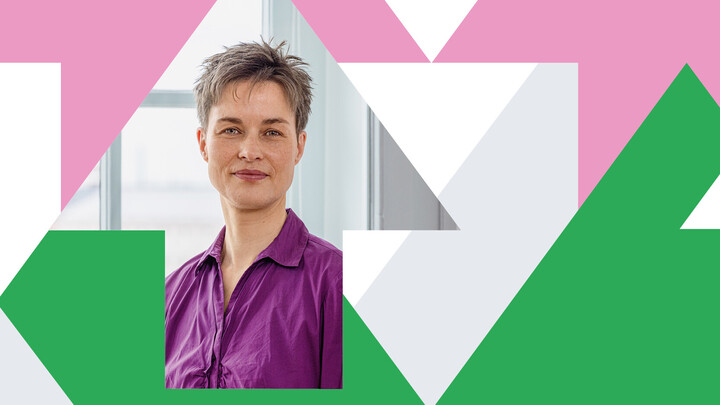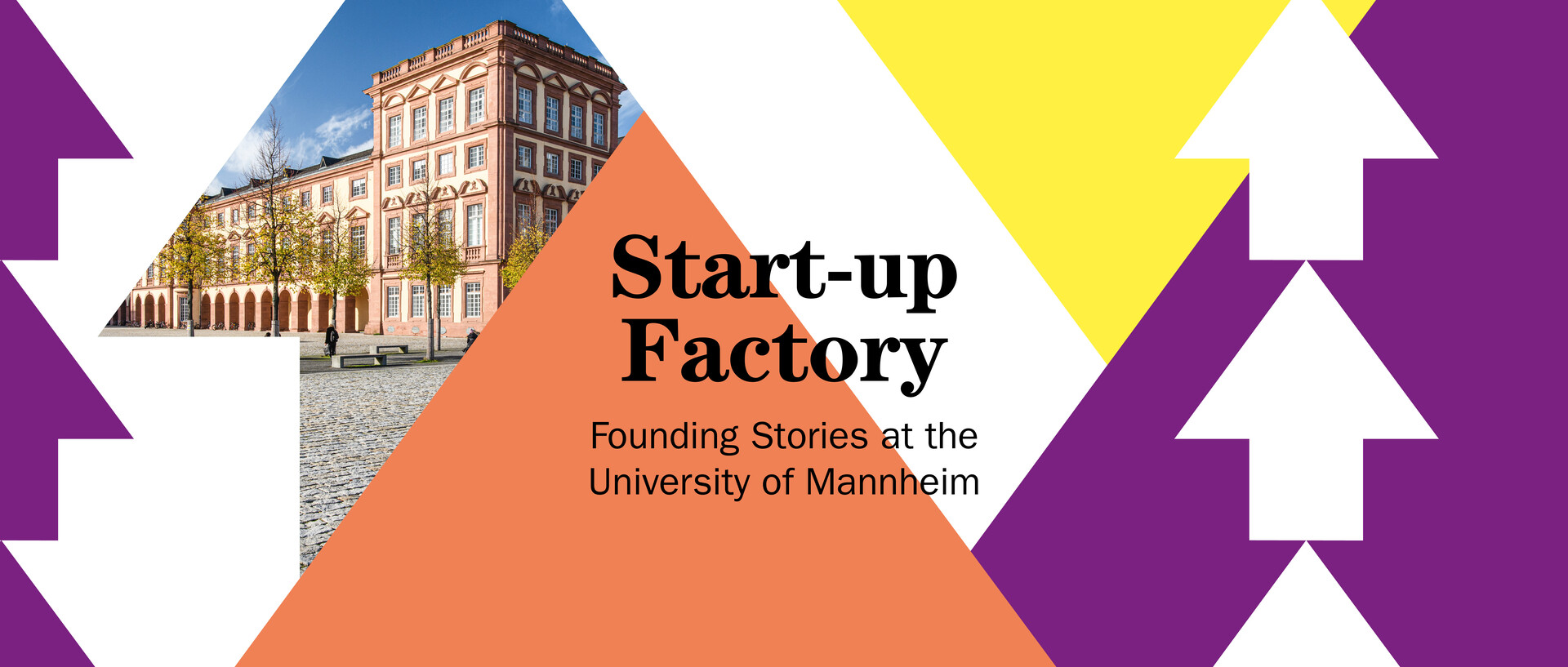Business Ideas for the Cultural Sector
Creativity is essential in the cultural sector, but how do you turn an idea into a successful business? The “Culture goes Start-up” course at the University of Mannheim bridges the gap between inspiration and implementation. It provides creative professionals with the opportunity to transform their ideas into viable business models—using practical methods, intensive mentoring, and a strong focus on teamwork.

In small groups, participants brainstorm until their heads are spinning. In the first session of “Culture goes Start-up,” they are tasked with generating 50 ideas—no holds barred, no idea too wild or unconventional. Creativity isn’t an issue; after all, it’s the backbone of the cultural sector. But can you make a living from it? The University of Mannheim’s start-up course is designed for creative professionals who want to gain entrepreneurial skills. In addition to teaching business fundamentals, it provides the tools needed to turn creative concepts into sustainable business models.
The idea for the course came from Bettina Müller, a researcher at the Institute for SME Research (ifm). An expert in entrepreneurship, she is part of the international research group “Mannheim Research Group in Culture, Innovation & Entrepreneurship” (MARCIE), which develops certificate programs in Cultural Innopreneurship as part of ENGAGE.EU. Together with her colleagues Francesco Leone and Luise Fast from Professor Kümper’s department, she developed the course content, adapting it to the cultural sector based on a similar program. The course was inspired by the observation that while creative professionals often have great ideas, implementation frequently proves challenging. With funding from the DAAD, the team launched “Culture goes Start-up” in 2023 to provide targeted assistance for start-up projects in the cultural sector.
Tangible, inspiring outcomes
The projects that have emerged from the course are remarkably diverse. One example is the initiative led by Jan-Philipp Possmann, who has worked in the cultural sector as a freelancer for 25 years. He joined the course with the idea of a consulting agency specializing in climate adaptation in major cities. “Extreme weather events have always existed,” he says. “Crises have shaped cultures and driven innovation. There’s a vast body of cultural knowledge that teaches us how societies have dealt with climate change and natural disasters. Songs, books, artworks, and traditions hold a wealth of ‘climate narratives’ that we can tap into as a resource.” His goal is to make this knowledge accessible and foster collaboration between museums, archives, researchers, society, and public administration.
Likewise, Tanja Pawletta’s project showcases the talent and potential that participants bring to the course. She developed the idea of offering cultural experiences as an employee benefit for companies. Her idea: making discounted theater, cinema, museum, and opera tickets available to employees. “The response was overwhelmingly positive, both from cultural institutions and companies,” she says. “I received a lot of support for my idea in the course. The project turned out to be more complex than I initially thought, but thanks to the encouragement from both the participants and course instructors, I stayed motivated.” While the implementation of her project is currently on hold, she still plans to continue with it in the future.
A major advantage of the course is the collaboration between cultural entrepreneurs and Mannheim business students. As part of a master’s thesis project, business administration students created business plans for both Pawletta’s and Possmann’s initiatives. This partnership demonstrates how the course not only supports founders but also integrates students, creating mutual benefits for both sides.
A focus on entrepreneurial thinking
Throughout the course, participants learn to refine their ideas, assess them realistically, and develop them further. Practical skills include conducting customer interviews, analyzing target audiences, and creating financial plans. Personalized guidance from course instructor Bettina Müller and guest lecturers makes the program a highly interactive and enriching experience.
Collaboration is a key element of the course. “Many people in the cultural sector are used to going it alone, but here, teamwork is a central focus,” says Müller. “Creative professionals are highly skilled in their fields, but turning ideas into viable projects—ones that can provide a sustainable income—often proves difficult.” The course connects the creative side with practical business knowledge. Over the course of eight sessions, participants learn how to develop marketable ideas, implement marketing strategies, and create financial plans.
“By the end, they have the knowledge to move forward on their own,” says Müller. “The goal isn’t necessarily to actually launch the project, but to equip participants with the tools they need for the future. Of course, if a viable business idea emerges from the course, that’s even better!”
Bridging culture and business
The program gives participants new perspectives and often leads to long-term collaborations that extend beyond the duration of the course. Thanks to its close ties to the university, it fosters valuable exchanges between creative professionals and students—benefiting both groups.
After two successful pilot phases, the third edition of the program is set to launch in fall 2025. The positive feedback so far has shown that the program fills a crucial gap—for anyone looking to turn their creative ideas into lasting projects.
Text: Moritz Klenk / April 2025
